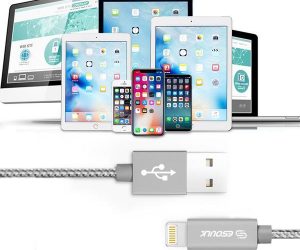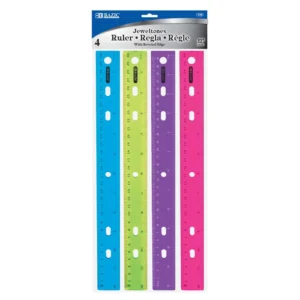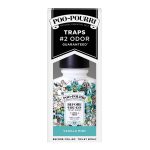What Exactly Are NET30 Accounts?

Net accounts can also streamline the process of overseeing your company’s financial affairs, providing a structured framework for managing transactions. By consistently meeting payment deadlines, you can qualify for extended payment terms such as net 45, net 60, or net 90, affording you additional flexibility in settling outstanding balances and mitigating potential cash flow challenges.
Loans, Leases, and Credit Cards vs. NET30
What exactly is the difference between a vendor and a financial tradeline?
- Financial Transactions: A financial tradeline is a credit extension from a bank or finance company, such as a bank business loan, commercial credit card, or equipment leasing financing. When you create a financial tradeline, the lender reports your company’s payment history to one or more business credit bureaus. If you’re looking for a financial tradeline, Credit Strong Company offers secured installment loans that you may utilize to develop a strong payment history and build business credit.
- Vendor Tradelines: Vendor tradelines go under many different names, including merchant tradeline, supplier tradeline, business vendor tradeline, trade credit, vendor account, and even corporate tradeline. A vendor tradeline, regardless of the name, is a report by a merchant or supplier to a business credit agency concerning a specific company’s payment history when the supplier or merchant has granted credit to them. An example might be an office supply firm giving NET30 of terms to a client to pay an invoice for office supply delivery.

Managing NET30 Accounts Effectively
Can you apply for Net30 for Office Supplies?
To qualify for TheCEO Creative NET 30 account with theceocreative.com the following minimum criteria must be met:
- Only for US businesses
- Business must exist for at least 30 days
- Clean Business History
- No Late payments
Open your Net30 Business Account today by clicking HERE.











